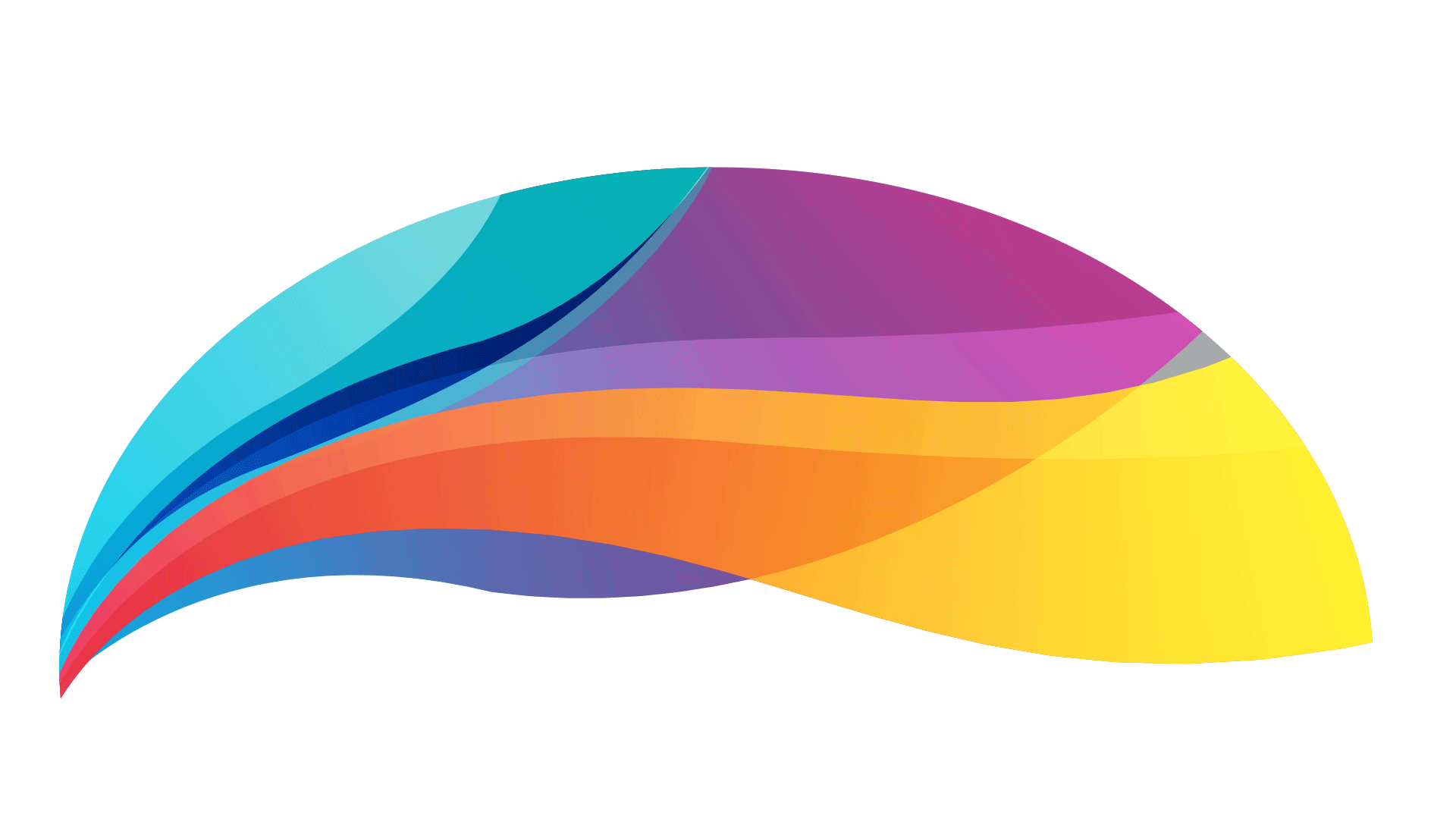Focus on your Rehabilitation
Did you know about interventions in neuropsychology? Based on your cognitive profile or on some day-to-day difficulties you may want help with, some interventions (Cognitive remediation therapy) are available.
Just like psychotherapy, cognitive intervention includes several types of approaches and strategies. All cognitive interventions would target cognition, but the various programs available would use different methods and have different goals. A recent literature review suggests a nomenclature: cognitive stimulation, cognitive training and cognitive rehabilitation (Linda Clare & Woods, 2004). Here is a bit more information on what is cognitive remediation :
- Cognitive stimulation tries to improve cognitive and social functioning using general mental activation (e.g., conversation, games, quizzes) (Aguirre, Woods, Spector, & Orrell, 2013). This type of intervention does not necessity tries to increase your understanding of your own cognitive processes (metacognition). It can be used without the need of a therapist (Linda Clare & Woods, 2004).
- Cognitive training aims to maintain or improve specific cognitive functions (e.g., attention or memory), with the help of guided execution and repetition of standardized tasks (Kasper et al., 2015).
- Cognitive rehabilitation aims at maintaining or improve everyday skills (Kasper et al., 2015) with the use of compensatory strategies, ranging from an adaption of the environment to the use of external aids (e.g. automatic reminders). Cognitive rehabilitation is generally an individualized approach, but it also offered in group (Huckans et al., 2013; Storzbach et al., 2016; Twamley, Jak, Delis, Bondi, & Lohr, 2014; Twamley et al., 2015) like at the Douglas Institute
Cognitive remediation for adults with ADHD
Cognitive behavioral intervention for adults who struggles with organisation, prioritization, procrastination and associated mood disturbances.
While medication may help with focus, it has little to no impact on organisation skills.
Recommendations for optimal treatment of adult ADHD is concomitant medication and intervention (Biderman et al 1996; Wender et al, 1998; Wilens et al, 1998, etc).
Dr Genevieve Gagnon offers interventions grounded in research. Combining Evidenced Based interventions and strategies from executive coaching research, to help patients gain control of their life, be more proactive and be aware of their own functioning.
This program is offered in a one-on-one basis. 10-13 sessions, every 2 weeks. Contact us for more information.
For complaints including:
Subjective memory change
Difficulty Memorizing new information
Questions about cognitive aging
Difficulty adjusting to cognitive changes
Cognitive remediation for adults with Subjective Memory complaints
Targeting better use of cognitive functions (memory, attention, organisation, etc). Synapse has been developed for patients with subjective cognitive complaints who want to learn how to increase the quality of their attention and memory and get better organised in everyday life.
This program has been adapated from the Compensatory Cognitive Training (CCT) developed in the United States from Dr Elizabeth W. Twamley from university of California, San Diego and Marilyn Huckans, Oregon University Health & Science. This program was initially validated United States (Storzback et al 2016) . We are proud to offer this program in Quebec, as it’s been translated to French and adapted for Quebec population by Dr Marjolaine Masson, neuropsychologist and post-doctorate trainee, along with Dr Genevieve Gagnon, neuropsychologist and researcher.
The program Synapse is offered at the Douglas Mental Health University Institute by Lucile Agarrat, psychologist, and Lisa O'Reilly, recreational therapist. This innovative program was also part of a research project led by Dr Genevieve Gagnon, neuropsychologist and researcher.
Program is also offered in Salaberry-de-Valleyfield, Montérégie-Ouest (CISSS Montérégie-Ouest). Local professionals who have been trained at the Douglas institute for this research project by Dr Genevieve Gagnon, neuropsychologist and researcher and Dr Marjolaine Masson | PhD Neuropsychologist and former post-doctorate trainee at the Douglas Mental Health University Institute.
Dr Genevieve Gagnon also offers a similar program to clients, on a one-on-one basis, outside of these institutions. Contact us for more information. Duration of the program: 10-13 sessions, every 1 or 2 weeks.
For complaints including:
Feeling overwhelmed at work
Running late on projects
Memory / Attention mistakes
Difficulty Multi tasking
Difficulty Prioritizing
Procrastination
Emotions and mathematics
Research has also shown that specific emotional aspects (e.g., mathematics anxiety) relate to mathematical performance…
Read Post‘Resersible’ dementia?
In some cases, dementia is reversible/treatable. In some rarer cases, the progressive changes are caused by a ‘problem…
Read PostNew drug for Alzheimer’s disease?
On January 6, 2023, the U.S. Food and Drug Administration approved the new drug Leqembi (also known as lecanemab) for…
Read Post





